 Funny thing about sharks. They don’t really go after minnows; they are too small. But they will go after each other once blood is drawn. That usually involves a bite on the back by one shark, and others wanting keep their place join in the frenzy until only a few edible fragments sink to the bottom for the bottom feeders to consume.
Funny thing about sharks. They don’t really go after minnows; they are too small. But they will go after each other once blood is drawn. That usually involves a bite on the back by one shark, and others wanting keep their place join in the frenzy until only a few edible fragments sink to the bottom for the bottom feeders to consume.
In the government, I was sickened by the efforts made at all levels to make someone look good, rather than do a good job and give credit to all. They weren’t just covering their butts. In a world where selfless acts should be the norm–the idea of being selfless was merely given lip service, while the reality was that you lived in a world of sharks and minnows–and baby sharks.
Rarely would a minnow morph into a shark, but occasionally a special project, a bone thrown its way that was overlooked by the sharks, became visible to the killer whale high above. That minnow became a shark, at first a baby shark, but as it became more entrenched in the project, guarding knowledge, making sure only it had control of the subject matter experts, the bigger it became. The longer it did this; the stronger and bigger the shark became. Now all the other sharks waited for an opportunity to make this shark fall victim to the killer whale, who wanted a piece of it, or the unassuming porpoise, who accidentally gave away all the secrets. When that happened, their place in the hierarchy was safe. For now, but they needed to be diligent, always on the defensive.
Where did that behavior come from? Certainly we didn’t train the sharks that behavior. It evolved in the government culture, state or federal, I don’t think it matters. It may not appear in every agency, but more than I think we’d like to think. Even so that behavior has become a cliché in the movies. The power-hungry government types–sharks, and the meek civil servants trying to eek out a living, doing a patriotic duty–the minnows. It doesn’t stop there.
 The behavior follows into the corporate world as well with corporate giants whose CEOs are making millions, while the working man or woman has to beg to get a raise to get just a little bit ahead. We even have TV shows dedicated to bringing the crooked corporations to their knees, hanging the sharks by their once crushing, now harmless jaws and we love it. If we love it so much, why do we let it happen?
The behavior follows into the corporate world as well with corporate giants whose CEOs are making millions, while the working man or woman has to beg to get a raise to get just a little bit ahead. We even have TV shows dedicated to bringing the crooked corporations to their knees, hanging the sharks by their once crushing, now harmless jaws and we love it. If we love it so much, why do we let it happen?
It’s not us? It’s the stockholders? What are they? Sharks or minnows? Could be the CEO, Chairman, or President of the Board be the killer whale and has all is his sharks in check. Soon there will be a bloody frenzy because his or her board is most likely made up of sharks out for blood rather than harmless, insignificant minnows.
It is us. In a way we are responsible. We brought it. We tried calling it hierarchal leadership or management training. Or team building. We called out different kinds of leaders, and those hungry for power found a way to be seen as an emergent, implied or designated leader. They joined any committee they could get their teeth into, while the minnows sat back and made no waves. And nothing got done except those who played fair generally lost footing and fell into deep water unless they were willing to be a dead-eyed shark. That is the thing about sharks. They appear emotionless; a pure killing machine. A perfect metaphor for power.
Don’t be so depressed. We haven’t lost them all. There are satisfied customers. Not all were failures, but we can do better.
- We can warn of no tolerance for this kind of behavior and put them on notice by the big boss. That could work.
- We can concentrate our leadership training on everyone in the organization or company, assuring them that everyone has a right to speak, and make sure management is aware of it.
- We can talk about the game. The games people play. The backstabbing. Suggest a person who would be the go-to person in the company the boss has to listen to.
- Most of all, we try to instill no fear in the minnows, raise their status and prestige. Let them know in no uncertain terms that they are as important to the organization as anyone else and they have an equal vote.
We may not kick every shark in the chops, but we may make it harder for them to operate.
For more resources about training, see the Training library.
That’s all for me now. A reminder: I do have a website where you can find other tidbits I have written, and click on the links for my best selling, The Cave Man Guide To Training and Development and my fringe science fiction novel, Harry’s Reality. Another look at the future that seems right at the time… Happy Training.

